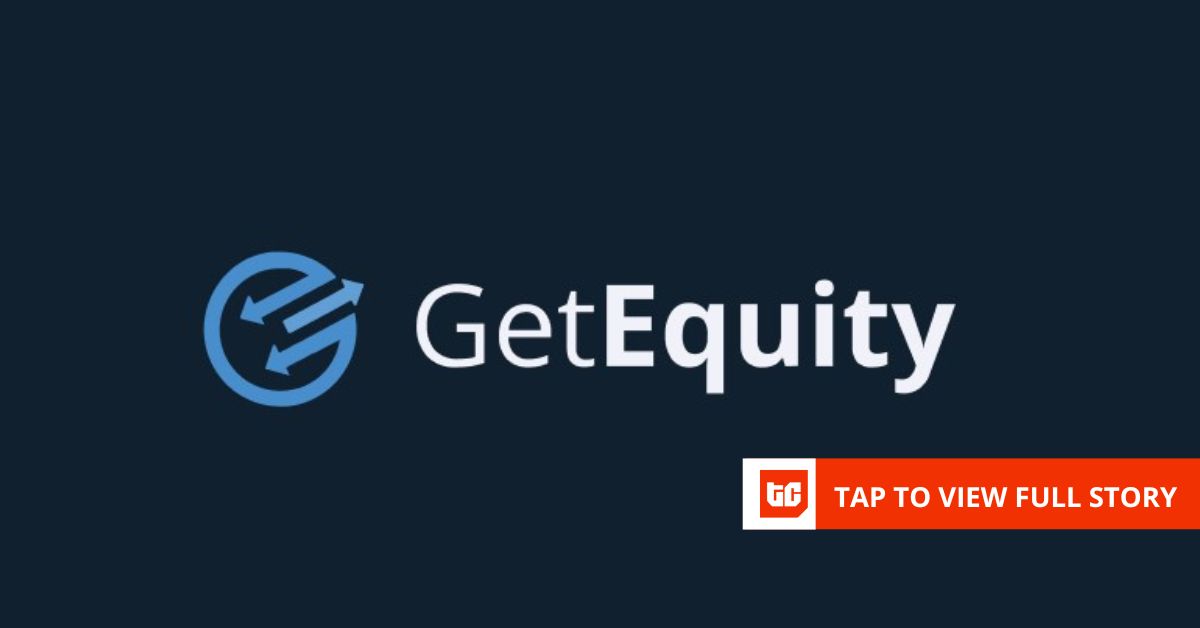GetEquity is a Nigerian startup that allows retail investors to invest into startups. It has achieved profitability since expanding to offer commercial papers and debt certificates and laying off 40 percent of its staff in 2024. Retail investors were looking for lower-risk investments amid a general slowdown in venture funding. This led to the shift to debt investments.
GetEquity CEO Jude Dike told TechCabal that “we’re not at the stage where growth or expansion is a priority, but we are able to pay for our team and keep things running without needing external capital.” GetEquity was launched in 2021 with the goal of allowing individuals to invest in startups and take part in Africa’s funding boom. As the liquidity of startups decreased, the company began to focus on helping Nigerians to lend to some the country’s biggest companies via commercial papers and debt note.
The startup claims that since offering debt notes in the year 2024, it has processed over N500,000,000 ($310,000), with a 10% monthly growth. It achieved this through partnering with asset management companies such as ARM and offering commercial papers for large Nigerian corporations like the Dangote Group – its first offering – to retail investors.
When we sent the Dangote email, we thought that if we got N5 million we would be a success,” Dike said. “The initial responses totaled N7 million. Not bad. We had N27million pledged within three days. This was our eureka-moment.”
This eureka-moment validated GetEquity’s thesis that Nigerians were willing to invest in local debt instruments with low risk. The startup also realized it could meet this demand with the right market offerings and thrive.
GetEquity’s partnerships with licensed assets managers led to an internal restructuring that made some roles redundant. After the company changed its focus, some internal processes were transferred to asset managers.
Dike said, “When we focused our efforts on private equity we had to develop internal tools and systems for everything from financial processes to investor training and support. Asset managers handle the heavy lifting – investment memos, due-diligence, audits, and documentation. Now, we are focusing solely on distribution.”
GetEquity’s revenue model is based on transaction fees that it receives directly from users and commissions it earns from asset management firms. It is also expanding revenue sources to include secondary market infrastructure, where users can buy or sell their investments between themselves, and investment-backed credits, loans backed up by previous investments.
Dike said that the credit-linked product would allow for new revenue streams. “We are working with a few partners to roll out this, which will open up new revenues.”
The startup is also in the process of securing an Approval-in-Principle for digital asset issuance and trading from Nigeria’s Securities and Exchange Commission ( SEC), which allows digital platforms the ability to issue derivatives based on SEC-approved securities.
In our case, we are not originating the debt products. We’re building a wrapping around them to make it tradable. Commercial papers have already been approved by the SEC. Dike explained that they were being digitised and distributed.
GetEquity has faced many challenges on its way to profitability. In 2023, Peppa – a startup that offers escrow services to online shoppers – filed a police report against Jude Dike, Temitope, and the other cofounders of GetEquity. The complaint was filed after GetEquity failed to honor a payment plan of $43,000 that Peppa raised through GetEquity.
Dike said at the time that Nigeria’s unstable FX affected its ability pay. GetEquity earned “great” margins from the private equity deals it processed, but the difficulties in processing FX-based transactions forced the startup to switch to Naira investments.
Dike explained that when they first started doing private equity deals, they did $5 million worth of total deal volume. A little over $1.5 came from the retail side. The margins were good, but the currency conversion risk and volatility was a major issue. This made us think more seriously about investing locally and what the local market dynamics might look like.
GetEquity’s profitability has also changed its expansion strategy. Initially, the company planned to expand to Kenya. However, after becoming profitable, it has re-evaluated its plans and opted to focus on improving its debt product, as well as rewarding customers for referring other customers.
Rather than aggressive expansion, we focused our efforts on deepening the engagement of users, increasing lifetime value for current users, and building a brand-driven organic growth. Hypergrowth may be attractive, but it can lead to high churn in African markets.
GetEquity will launch business accounts after achieving profitability to help fintechs, neobanks, and other financial institutions run their treasury operations. Dike said that the product will be similar in nature to products offered by Cowrywise or Piggytech for fixed-income investments.
